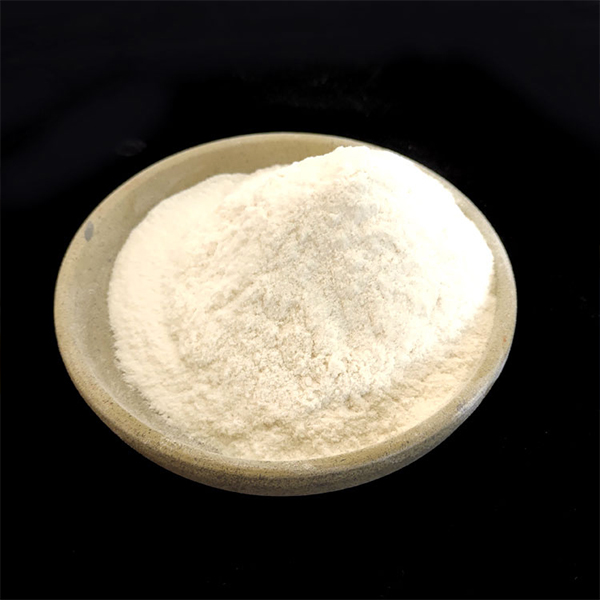Cellulose The Versatile Industrial Biopolymer
Cellulose, an organic polymer composed of long chains of glucose molecules, is the most abundant biopolymer on Earth and plays a crucial role in various industrial applications. Found primarily in the cell walls of plants, cellulose provides structural support, making it a key component in agriculture, textiles, food, and pharmaceuticals. Its unique properties have attracted significant interest from researchers and industries looking for sustainable materials and innovative solutions.
Cellulose The Versatile Industrial Biopolymer
Cellulose is also a critical resource in the textile industry. Known for its ability to absorb moisture and dye easily, cellulose fibers such as cotton and rayon boast excellent qualities for clothing and household textiles. The growing trend towards sustainable fashion is driving the investigation into alternative cellulose sources, such as bamboo and hemp, which can be cultivated with fewer chemicals and land than conventional cotton farming. Moreover, advancements in the production of lyocell—another regenerated cellulose fiber—have resulted in a more eco-friendly process that significantly reduces water and chemical use.
'cellulose for industrial'

In the food industry, cellulose is employed as a food additive known as cellulose gum or carboxymethyl cellulose. This ingredient acts as a thickening agent, stabilizer, or emulsifier, enhancing the texture and quality of various food products ranging from sauces to ice creams. Its demand has surged due to the increasing consumer preference for healthier products. As a non-caloric substance, cellulose provides bulking properties that can replace higher-calorie components in recipes. Thus, it plays a significant role in the formulation of reduced-calorie and gluten-free foods, helping consumers achieve dietary goals without sacrificing flavor or texture.
Pharmaceuticals also benefit from cellulose's versatile applications. Microscopic cellulose fibers are integral components in drug formulations and delivery systems. The biocompatibility and non-toxic nature of cellulose make it an ideal candidate for controlled-release medication formulations. Moreover, cellulose-derived materials, such as hydroxypropyl methylcellulose (HPMC), are widely used in pill coatings and as binders in tablet manufacturing. The ongoing research into cellulose applications in nanotechnology, particularly in drug delivery and biosensors, emphasizes its growing importance in modern medicine aimed at improving patient outcomes.
Furthermore, cellulose serves as a promising biopolymer for sustainable construction materials. It can be combined with other natural fibers to produce composite materials that offer strength, thermal insulation, and sound absorption. These cellulose-based composites reduce reliance on synthetic materials, thus lowering the carbon footprint of construction activities. As the world shifts towards sustainable development practices, cellulose's adaptability makes it a crucial player in the quest for greener building solutions.
In conclusion, cellulose is a versatile and valuable resource that continues to play a significant role in various industrial applications. Its sustainable nature and adaptability make it an attractive option for industries seeking to lessen their environmental impact while promoting innovation. As research advances and technology evolves, the industrial potential of cellulose will only increase, paving the way for a more sustainable future. The exploration of novel cellulose sources and applications will undoubtedly unlock new opportunities, fostering a circular economy driven by this remarkable biopolymer.
-
Rdp that The Revolutionary Polymer Powder Transforming Modern Construction MaterialsNewsAug.11,2025
-
Hpmc Powder that Versatile Additive for Detergents and Personal CareNewsAug.11,2025
-
Hpmc Hydroxypropyl Methylcellulose that Essential Building Material Additive from Shijiazhuang Gaocheng YongfengNewsAug.11,2025
-
Hydroxypropyl Methyl Cellulos Hpmc that Essential for Construction ApplicationsNewsAug.11,2025
-
Mhec Powder that Revolutionizing Construction Chemistry with Cellulose Ether SolutionsNewsAug.11,2025
-
Industri Hpmc that The Global Backbone of Advanced ConstructionNewsAug.11,2025




